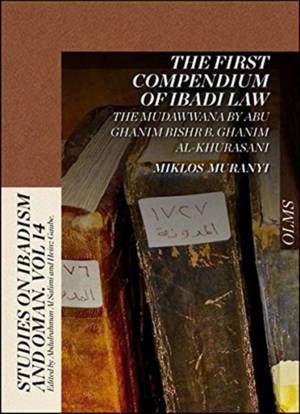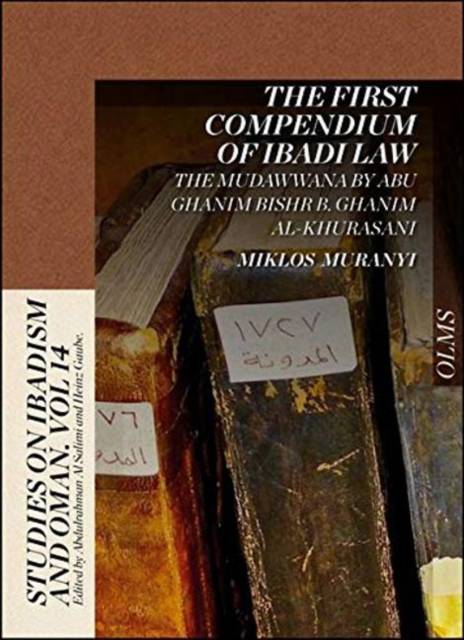
- Afhalen na 1 uur in een winkel met voorraad
- Gratis thuislevering in België vanaf € 30
- Ruim aanbod met 7 miljoen producten
- Afhalen na 1 uur in een winkel met voorraad
- Gratis thuislevering in België vanaf € 30
- Ruim aanbod met 7 miljoen producten
Zoeken
The First Compendium of Ibadi Law
The Mudawwana by Abu Ghanim, Bishr b. Ghanim al-Khurasani
Miklos Muranyi
€ 63,95
+ 127 punten
Omschrijving
The present book is focused on the first collection of legal norms and their discussion in the Ibadi communities and elucidates the role of scholars in the development of the Ibadi jurisprudence as presented by its author Abu Ghanim al- Khurasani in 3rd/9 century with his literal references to unique and sometimes contradicting interpretations of legal issues among his teachers. Thus the book will be of interest to those who follow the current approaches to the juridical developments in general and to the Ibadi school of law and its complex interrelationship with other contemporary Islamic schools of law in particular. By detailed analysis of various legal cases discussed in the interpretation of both the Coran and the transmitted traditions (hadith) as the basic sources of the Islamic legislative in its formative period the book will be of benefit to further comparative studies on the field of Ibadi law. It should be of value for all those working on the wide field of Ibadi scholarship as presented in the Mudawwana as the first corpus juris in the early Ibadi communities. Some critical observations and findings concerning the exemplary printed editions used in these studies should encourage further research to actualise this valuable legal work with hitherto unknown manuscripts in Ibadi collections.
Specificaties
Betrokkenen
- Auteur(s):
- Uitgeverij:
Inhoud
- Aantal bladzijden:
- 159
- Taal:
- Engels
- Reeks:
- Reeksnummer:
- nr. 14
Eigenschappen
- Productcode (EAN):
- 9783487156781
- Verschijningsdatum:
- 10/10/2018
- Uitvoering:
- Hardcover
- Afmetingen:
- 179 mm x 246 mm
- Gewicht:
- 555 g

Alleen bij Standaard Boekhandel
+ 127 punten op je klantenkaart van Standaard Boekhandel
Beoordelingen
We publiceren alleen reviews die voldoen aan de voorwaarden voor reviews. Bekijk onze voorwaarden voor reviews.








